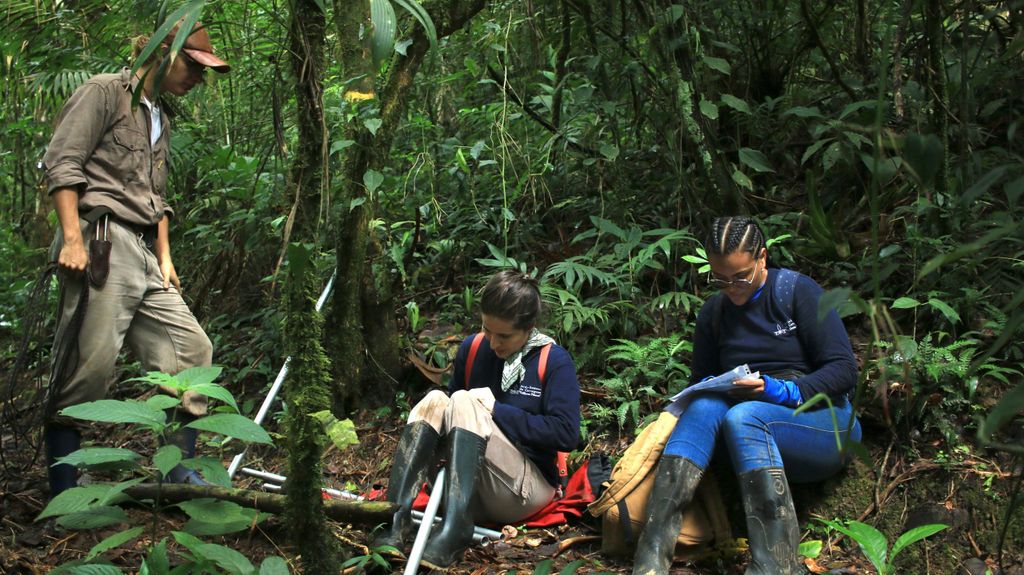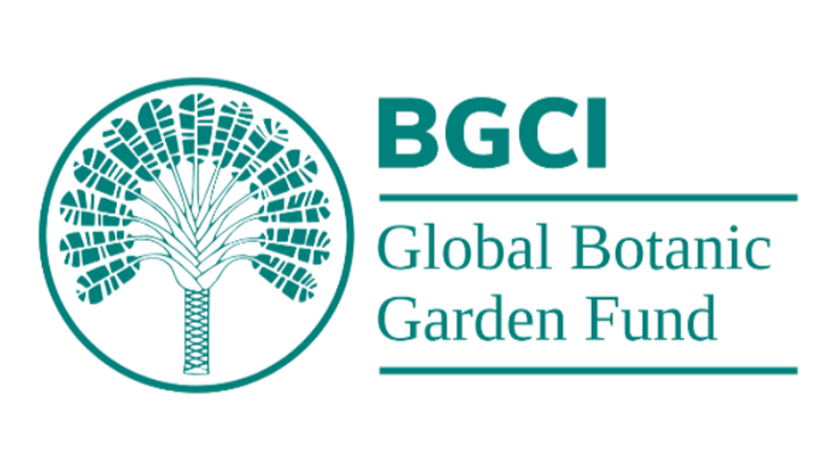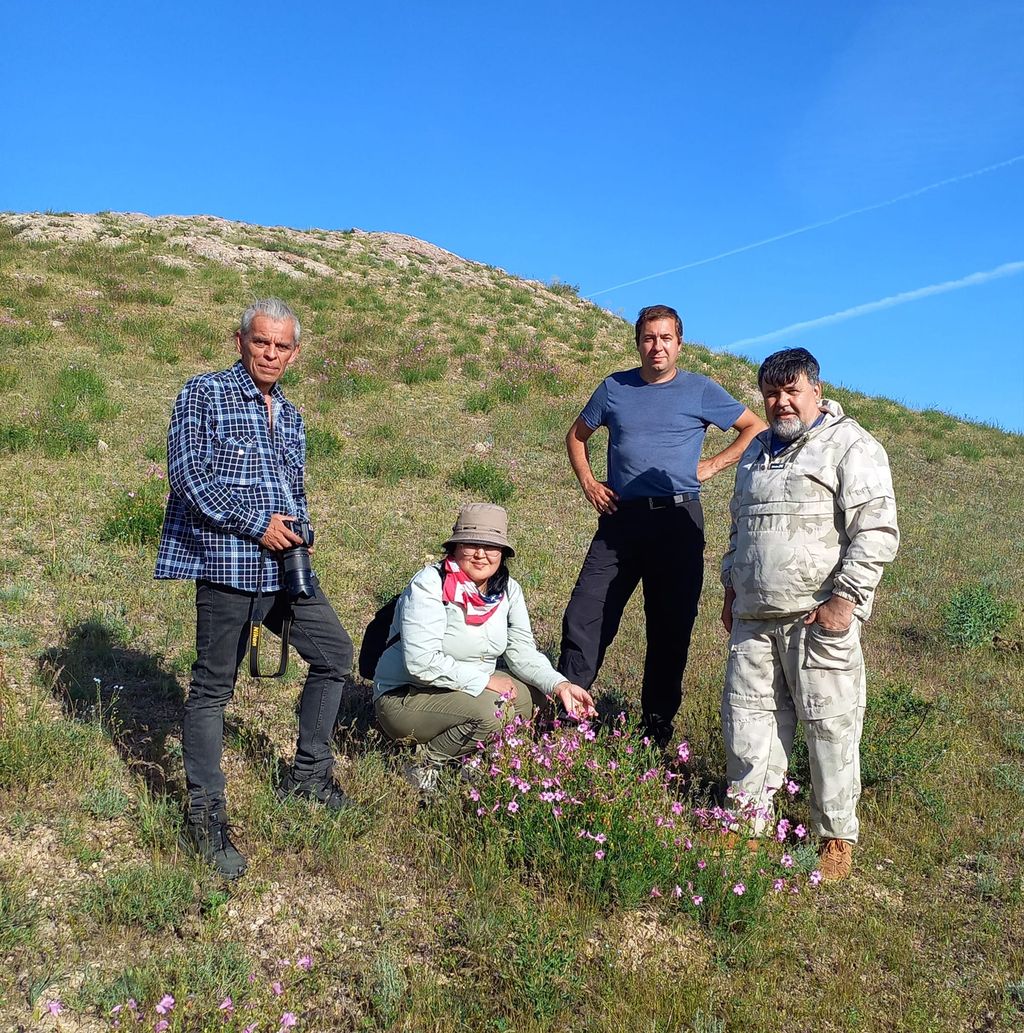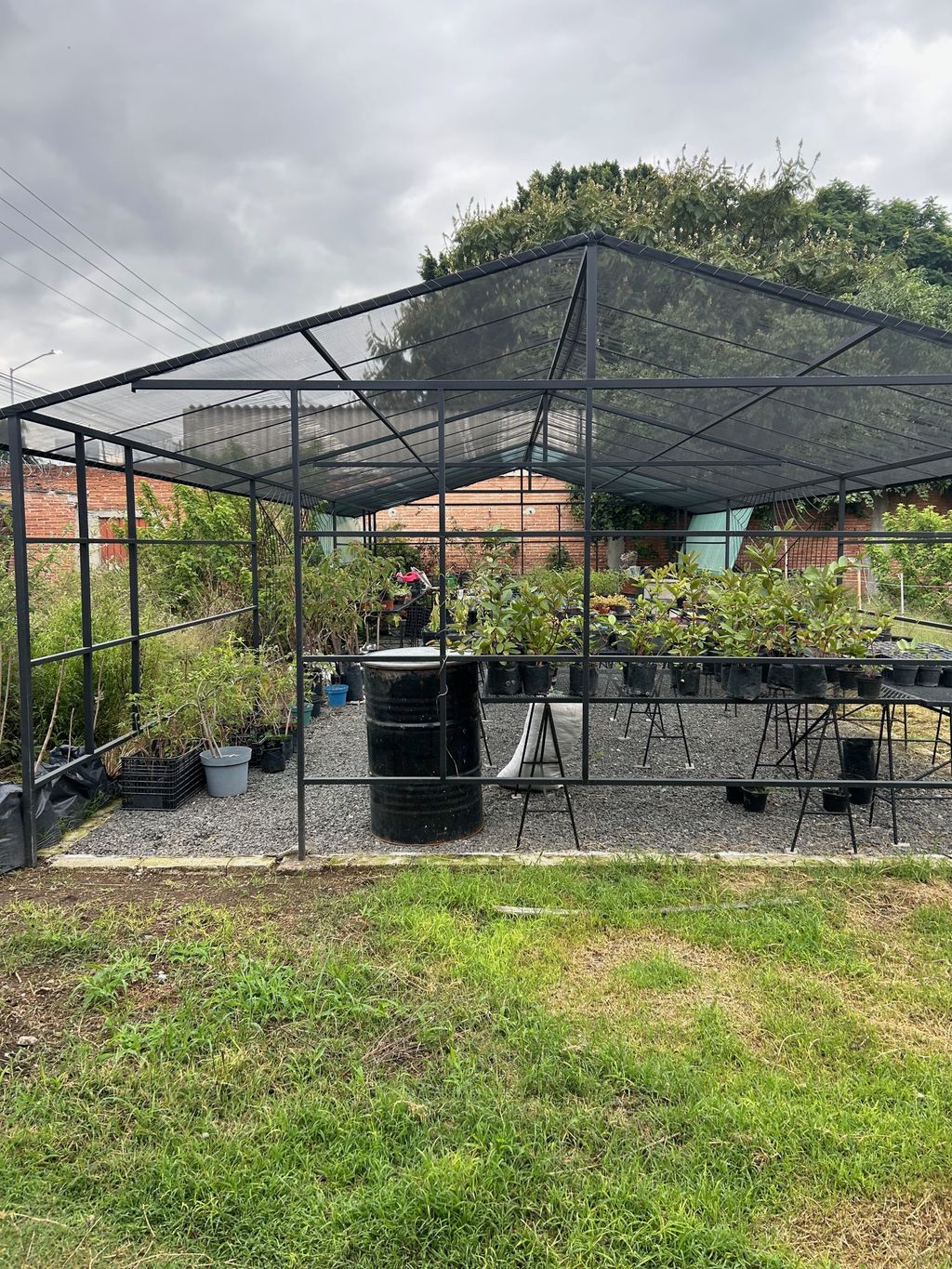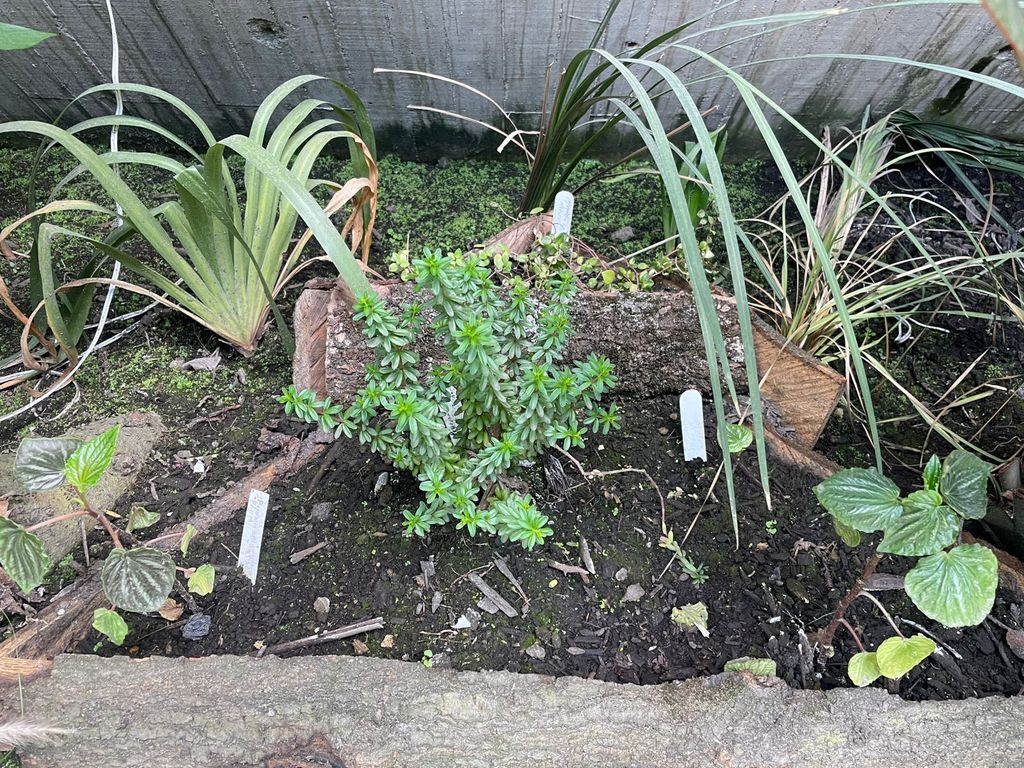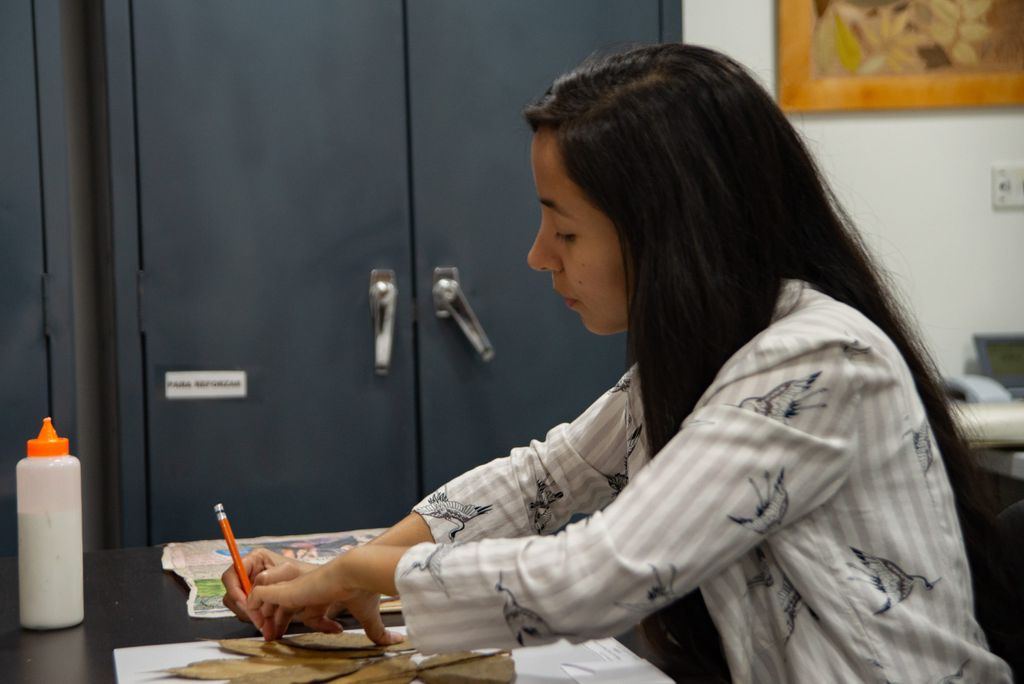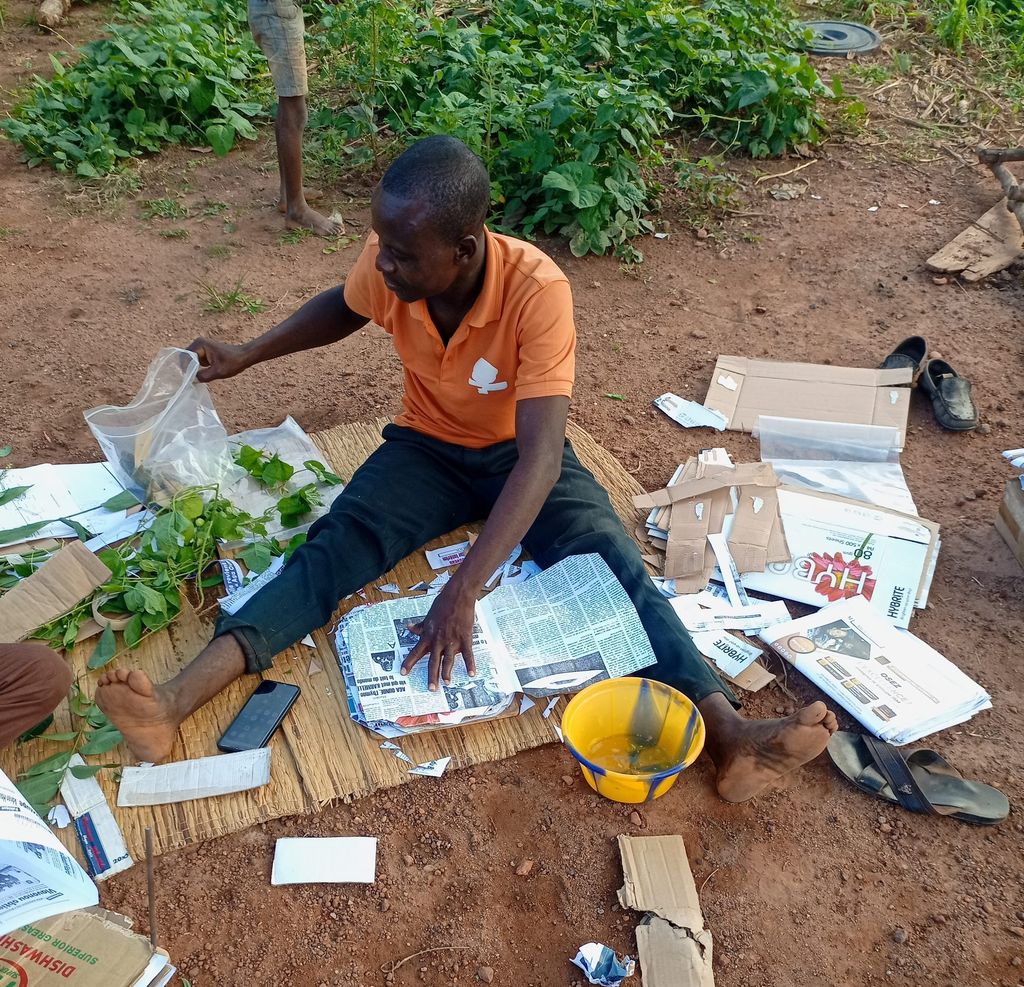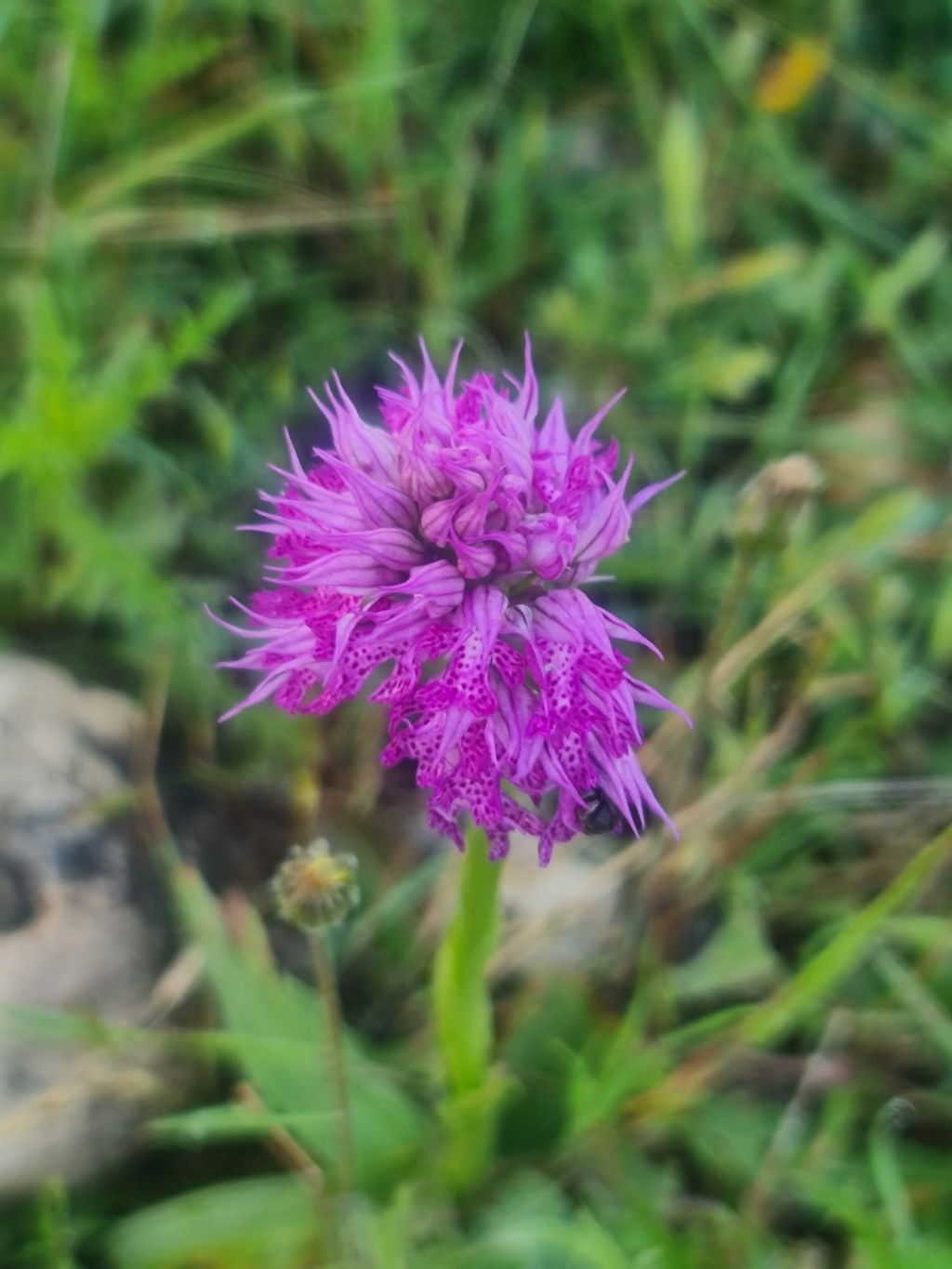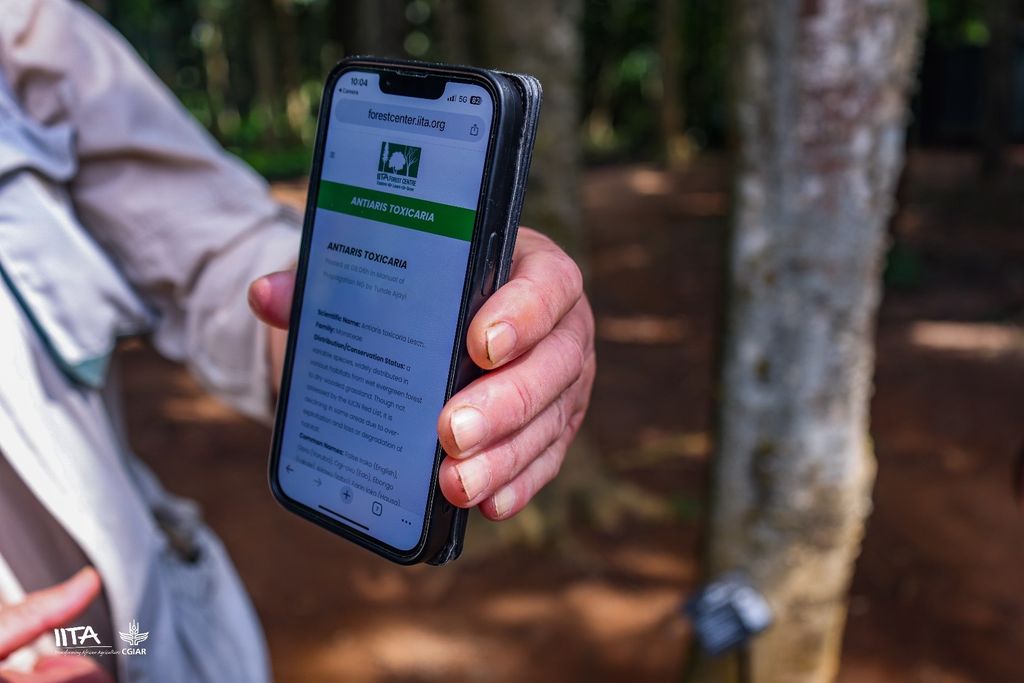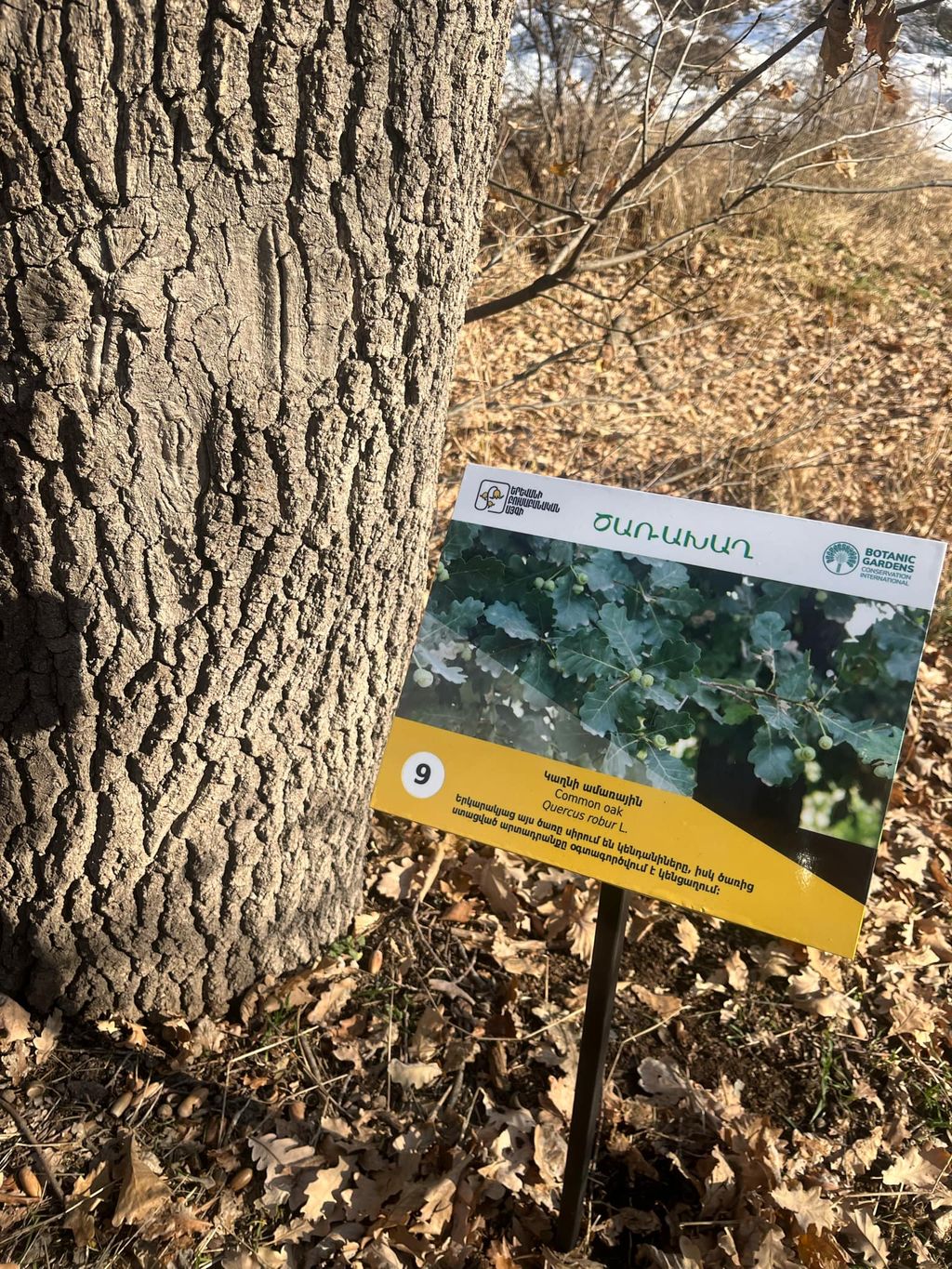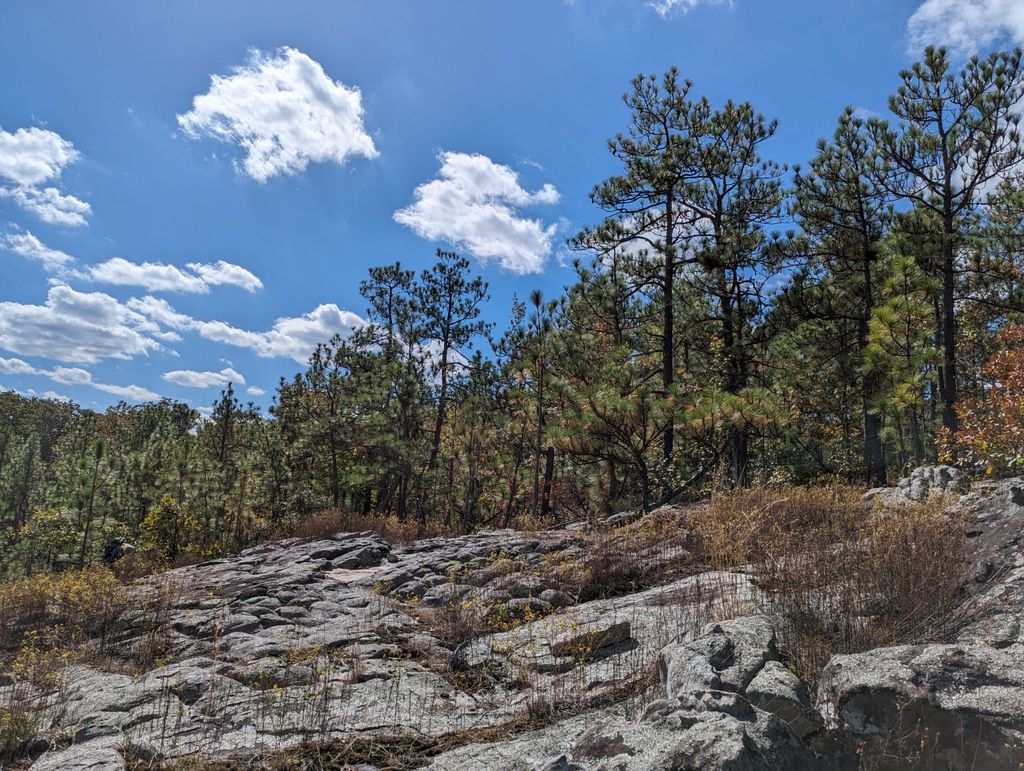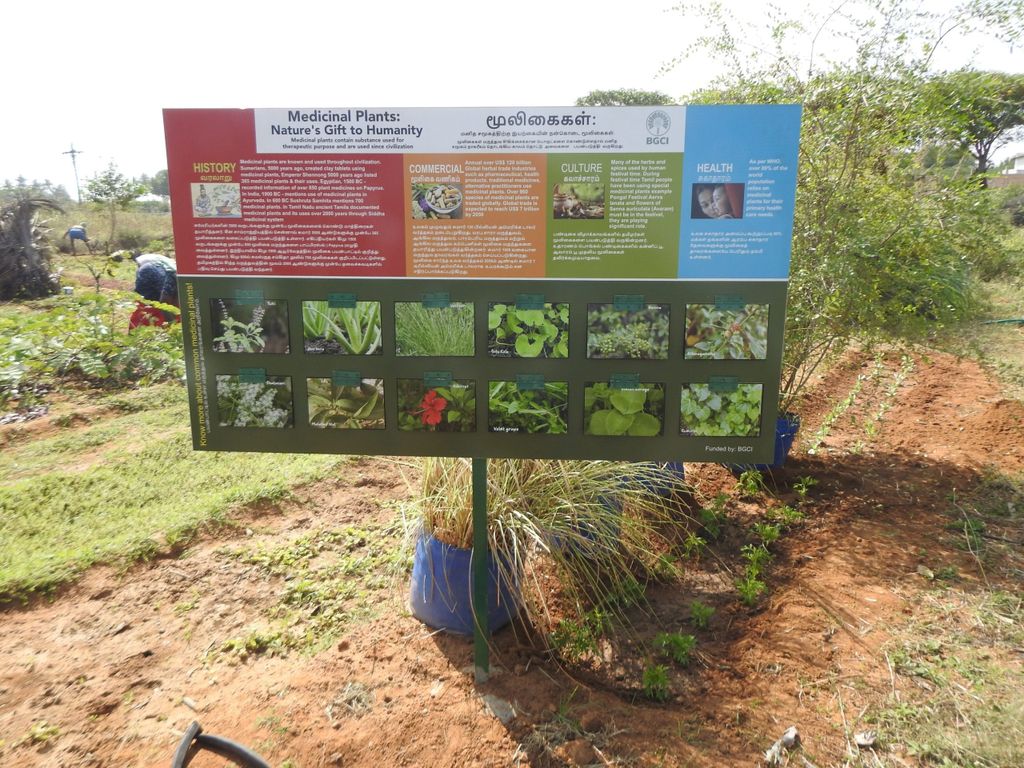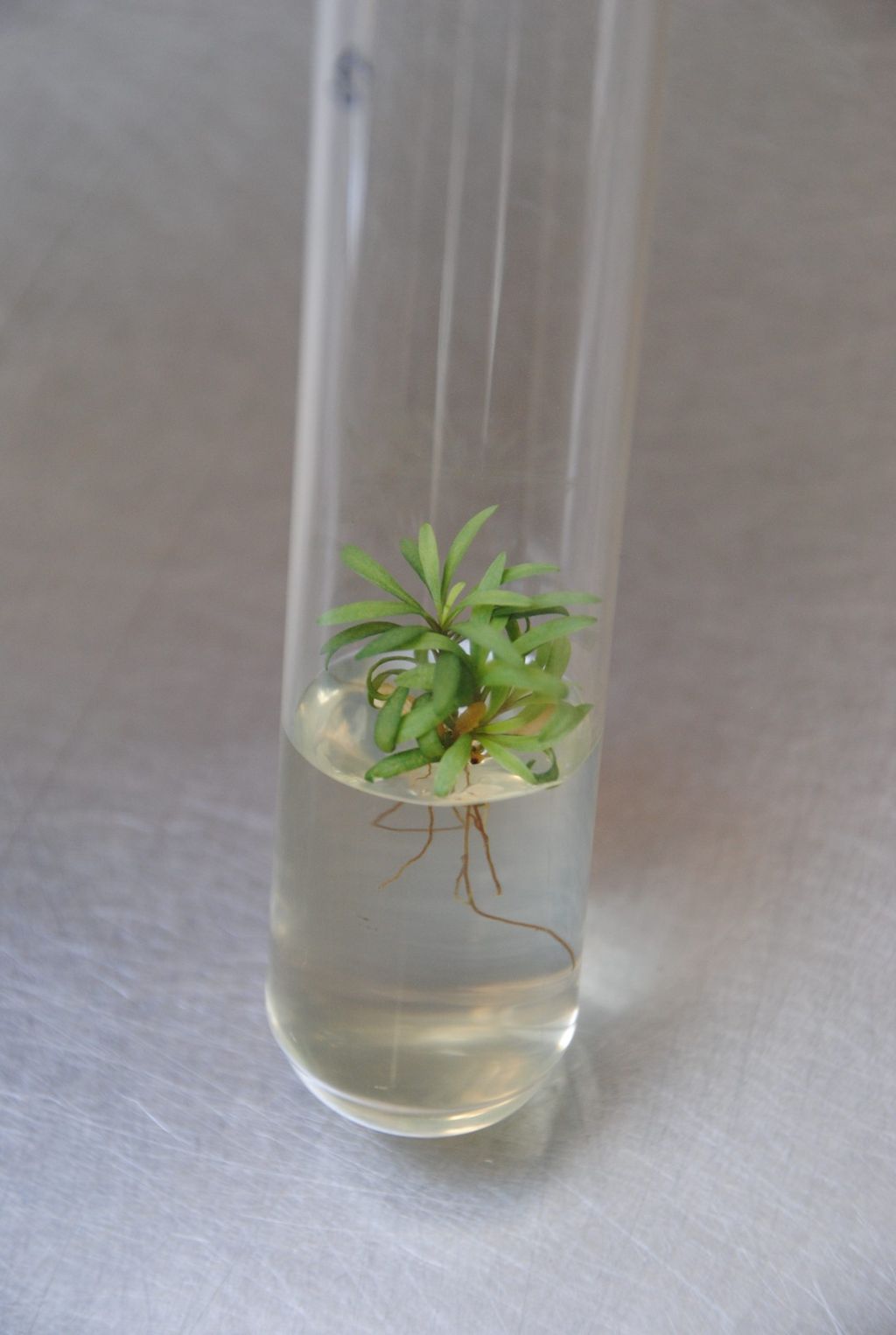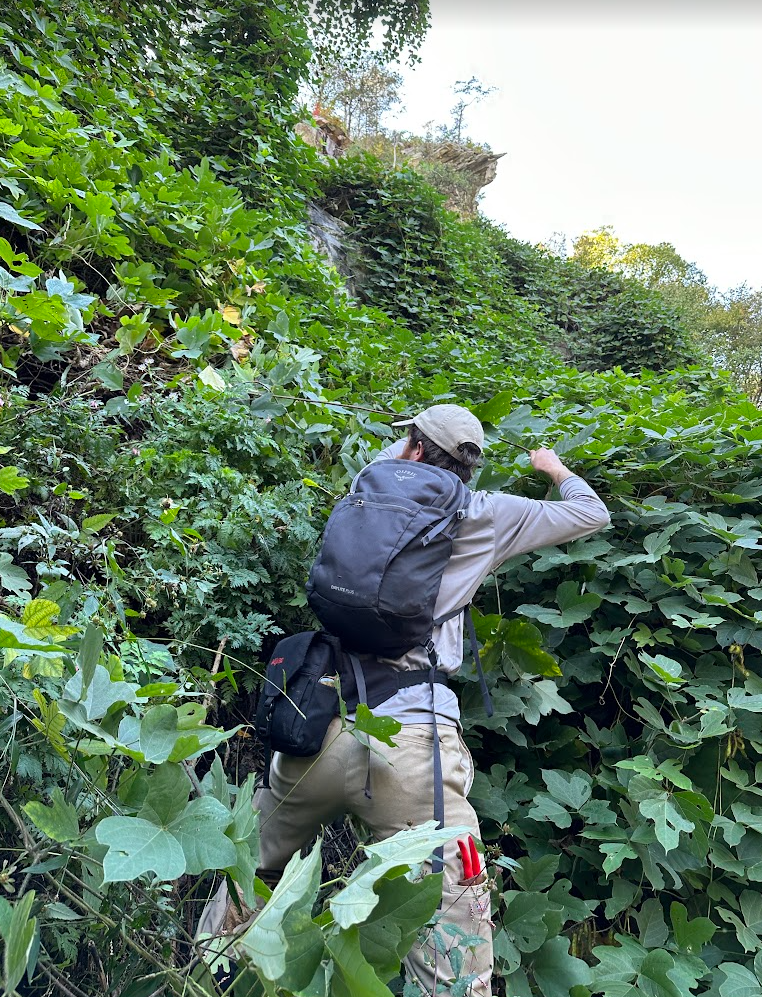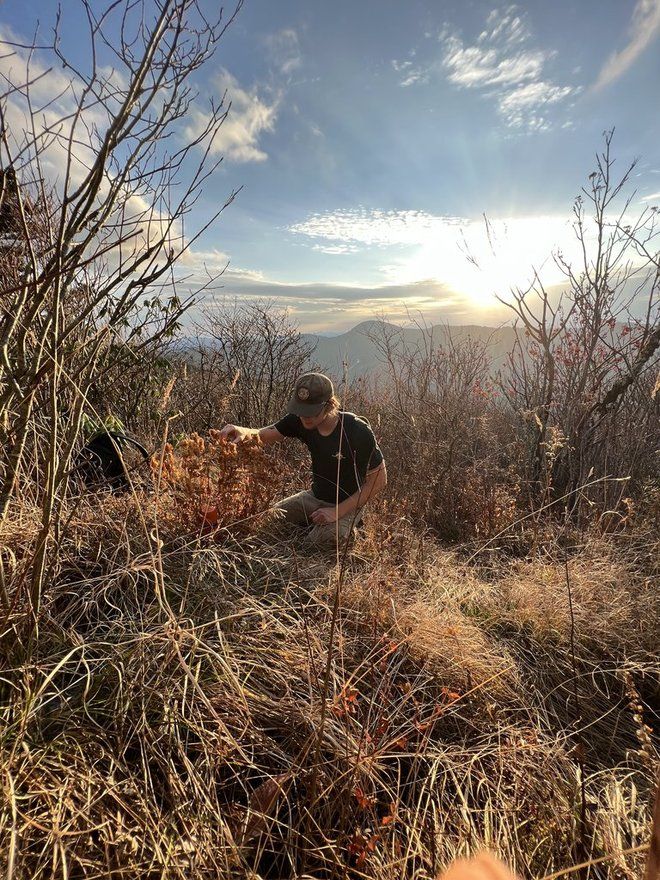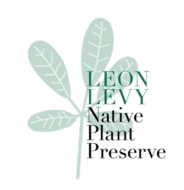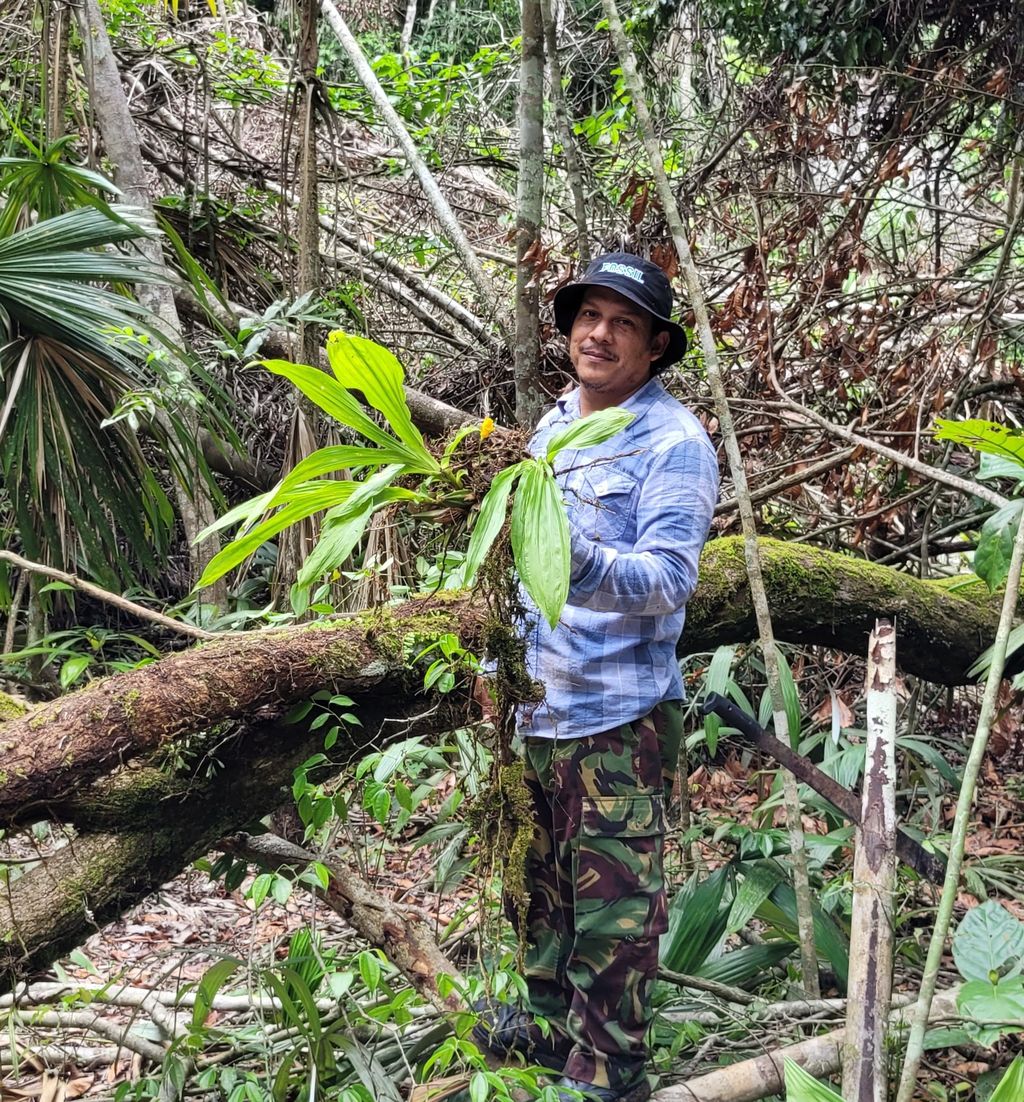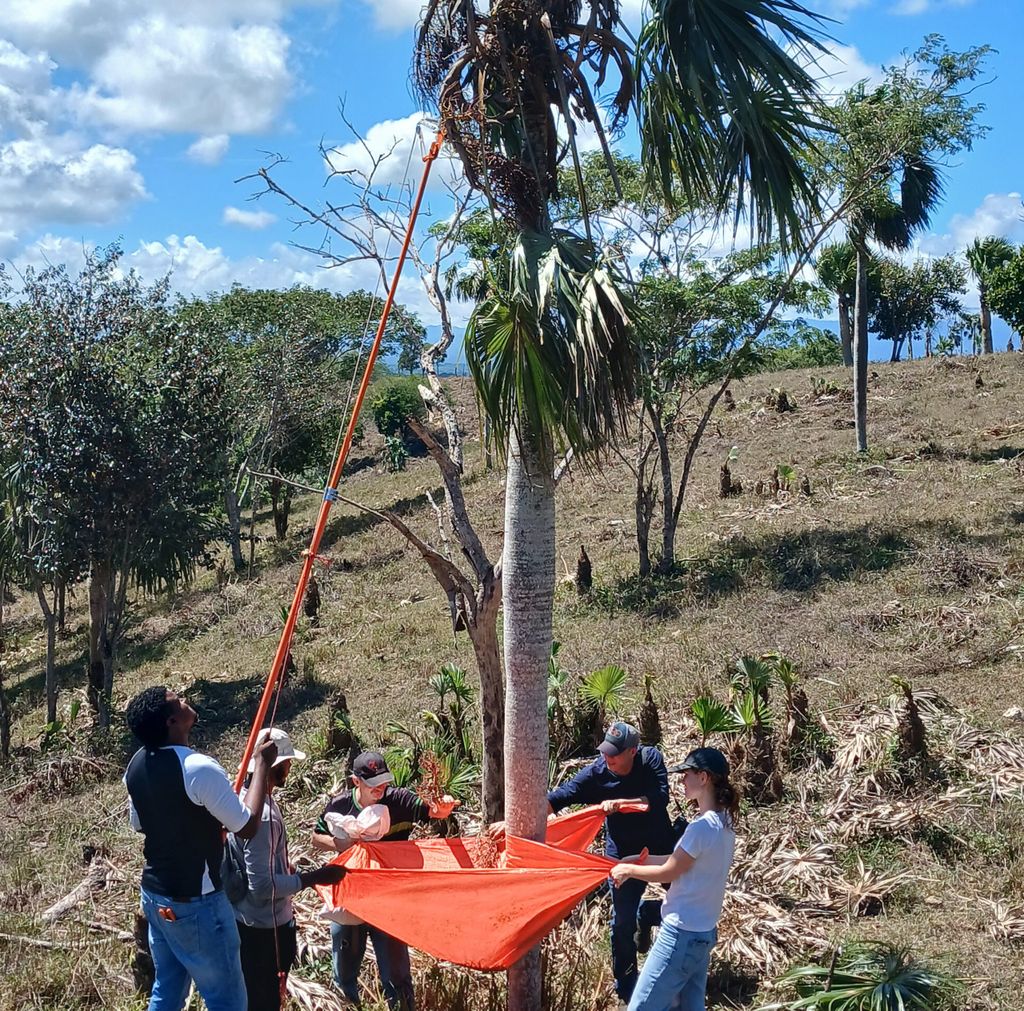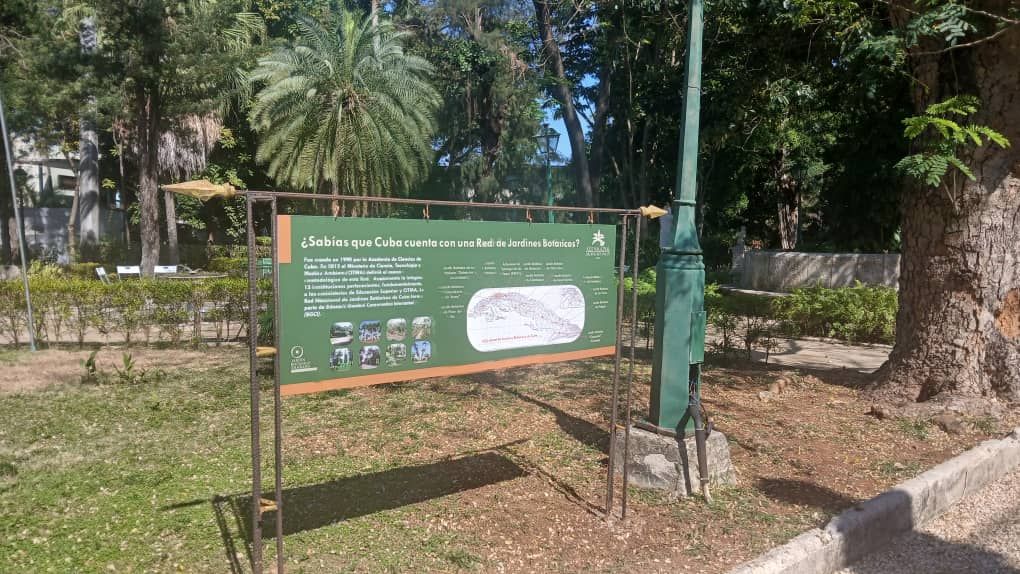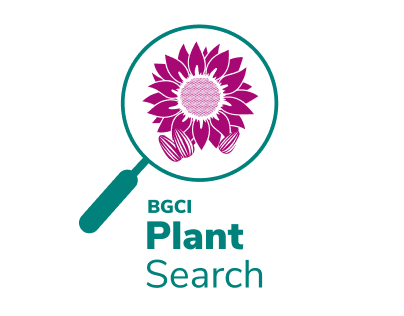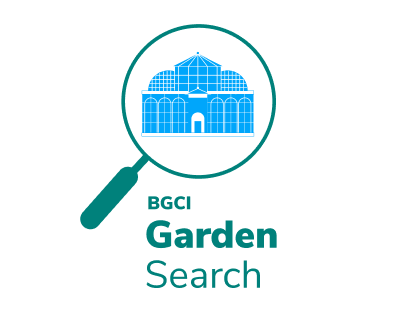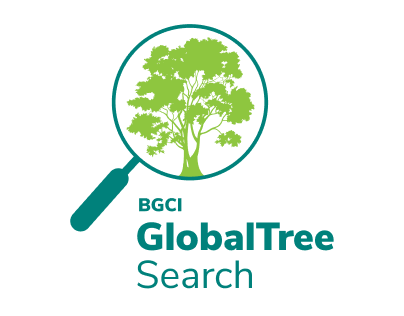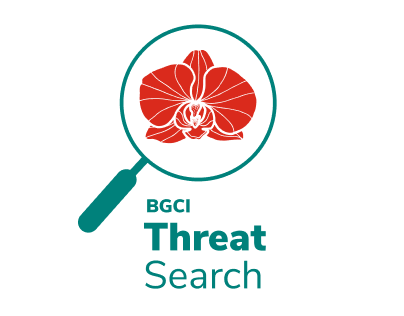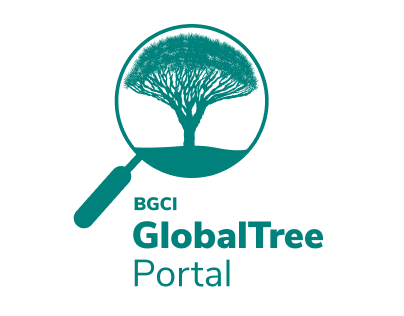Global Botanic Garden Fund
Plant Conservation | Support Grants | International Innovation
- Global Botanic Garden Fund
- BGCI Member Grant
- GGI-Gardens Awards Program
- The ArbNet Partnership Programme Grants
- Minnesota Landscape Arboretum (MLA) Grants
- Forest Service Rare Plant Partnerships
- Global Conservation Consortia Grants
- Leon Levy Native Plant Preserve Grant
Global Botanic Garden Fund
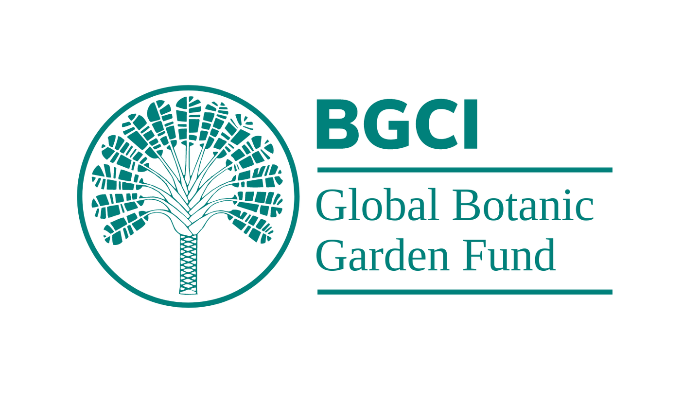
BGCI’s Global Botanic Garden Fund aims to drive plant conservation, especially in under resourced gardens from high biodiversity areas of the world. The Fund aims to disburse 30-40 grants per year. Each grant awarded ranges from USD$1,000-10,000 (depending on the grant chosen).
We have put together an introductory course (free to BGCI Members) to help you learn about best practices to follow when applying for the GBGF.
To date BGCI has disbursed 180 grants totalling USD$631,000. Explore the interactive map below to learn about projects awarded over the years.
The Process
- BGCI issues a call for application once per year per grant. Institutions are able to apply for as many grants as they wish, but each grant request must be submitted in individual applications.
- Call for applications will be open for a period of 8-10 weeks and BGCI aims to inform applicants of the outcome of their application within 30-45 days of the closing date.
- Successful grants under the Global Botanic Garden Fund will be required to sign a grant agreement supplied by BGCI (or partner organisation) within 30 days of receiving the agreement.
- BGCI will supply the grant funding.
- The project must be completed within one year.
Applying & Reporting
The BGCI Global Botanic Garden Fund grant application will require the following information:
- Contact information
- Executive summary
- Grant criteria – differs from grant to grant
- Aim, Objectives and Activities
- Evaluation
- Risk Management
- Budget
- Additional Information or matching funding
Successful grants will be required to submit a final report upon completion of the project with the following information:
- a short narrative report describing the outcome of the project using the method of evaluating described in the application
- Photos and videos where applicable
- An itemised budget vs actual (template can be provided)
Applications and Final Reports will be reviewed by BGCI staff and representatives of institutions that have contributed funds to the Global Botanic Garden Fund.
Donors and Partners to the Global Botanic Garden Fund
We are very grateful to the supporters of the GBGF. Donors and partners which have supported the Global Botanic Garden Fund are:
- The Botanist
- The Global Genome Initiative (GGI Gardens)
- Minnesota Landscape Arboretum
- The Morton Arboretum
- Unites States Botanic Garden
- USDA Forest Service
- United States National Arboretum
- Leon Levy Foundation
- The Huntington
- The Friends of Bedgebury National Pinetum (Forestry England)
- Korea Arboreta and Gardens Institute
- BGCI through the Holiday Challenge, the BigGive and GBGF Donations.
News on the Global Botanic Garden Fund
BGCI Member Grant

The BGCI Member Grants can help an institution to improve or support one or more of the vital areas across the botanic garden as defined by BGCI’s Botanic Garden Accreditation.
Projects can support the following activities:
- Saving plant species from extinction through conservation action;
- Educating policymakers and non-specialists about the importance of plants and their conservation;
- Development of facilities for plant conservation (e.g. seed banks, greenhouses, lab equipment);
- Training specialists and local communities in plant conservation methods and approaches;
- Creating international partnerships for the exchange of knowledge, skills, and resources;
- Promoting environmental sustainability in the way we use energy, water, food, and natural resources; and
- Improving professional standards in botanic gardens to gain BGCI Accreditation.
Eligibility for Member Grants
- The BGCI Member Grants are open to BGCI Member Institutions only. Botanic Gardens that are not members may apply, but a membership fee must be included in the proposed budget.
- Preference will be given to small botanic gardens in developing countries and biodiversity hotspots.
- Botanic gardens may submit more than one application per grant cycle, but they must be for different projects.
- Grant are available for projects of up to USD$2,500.
- Projects must be completed within one year.
Applications for Members grants will open in May 2025.
2025 Member Grants Timeline
BGCI will aim to share the outcome of grant applications by the end of September. Grant agreements will need to be signed by both parties by October 2025. BGCI will disburse the grant funding by 31 December 2025 (but aim to disburse sooner). Projects must be completed and final reports submitted by 31 January 2027.
Previously funded projects
GGI-Gardens Awards Program

The Global Genome Initiative for Gardens (GGI-Gardens) is an international partnership of botanical gardens and arboreta focused on collecting herbarium vouchers from living collections and preserving their genome resources in biorepositories partnered with the Global Genome Biodiversity Network (GGBN).
The GGI-Gardens Awards Program, funded in partnership with United States Botanic Garden, and administered through BGCI’s Global Botanic Garden Fund, aims to promote partnership activities to preserve and understand Earth’s genomic biodiversity of plants. To this aim, we seek to support collection and preservation activities at botanic gardens around the world. This program will provide up to 8 awards of up to $6,500 in 2025 to support sampling activities from living collections with unique families and genera of vascular plants not yet represented in GGBN biorepositories.
The call is now closed for 2025 applications.
Eligibility
- Any current and prospective members of GGI-Gardens are eligible to apply. Institutions with successful proposals who have not yet joined GGI-Gardens must – as a minimum – become a GGI-Gardens partner by signing the GGI-Gardens Memorandum of Cooperation (MoC) prior to the awarding of funds.
- Eligible institutions will need to identify a recognised herbarium where they will deposit collected plant vouchers as well as a GGBN-partnered biorepository for the storage of preserved genomic tissues.
- BGCI Membership is not required, but encouraged.
The Application
The GGI-Gardens Awards Program application will require the following information:
- Contact Information;
- Eligibility;
- Project Proposal;
- Genomic Novelty;
- Institutional Capacity;
- Target Collections;
- Best Practices;
- Conservation Impact;
- Timeline & Budget (template available here, note that matching funds are not required)
Project Criteria
Applications should prioritise collection of samples from multiple taxa (families, genera, and species) that are not currently available in any GGBN-Partnered Biorepository). Applications will be evaluated on the following:
- Genomic novelty: Number (and names) of families and genera anticipated for collection and preservation that will be made discoverable through the GGBN Data Portal and are not currently represented in GGBN. Applicants must complete a Gap Analysis that lists the families and genera that will be sampled. Gap analysis can be completed by GGI-Gardens staff (by request) or through the GGI Gap Analysis Tool.
- Institutional capacity: Does this institution’s application identify resources needed to complete the stated collection objectives and are these reflected in the budget?
- Size, scope, and quality of your collection: How large is this collection, does it include native plants with provenance data? Does the collection include rare or threatened taxa and are they identified in the proposal?
- Adherence to GGI-Gardens best practice: to what degree does this proposal meet GGI-Garden’s best practices for data and collection management?
- Policies and biodiversity standards: Do the proposed activities adhere to GGBN’s guidance on Access and Benefit Sharing? Please be aware that information on the status and legality of permits for samples is tracked as part of the GGBN data standard.
- Broader conservation impacts: to what extent does this project contribute to broader community goals (e.g., achieving BGCI Botanic Garden Accreditation, updating living collection inventories – PlantSearch, and updating conservation statuses – IUCN Red Listing)
- Timeline and budget: Is the proposed project timeline and budget appropriate to complete the stated collection goals (e.g., is the total budget less than or equal to $6,500)?
Reporting
Program participants will be asked to submit a mid-term and final award report to update BGCI and GGI-Gardens on the status of their collection activities and completion of stated proposal goals. Awardees will also be asked to submit one short news item for BGCI’s and GGI-Garden’s newsletters. Upon notification of proposal status, more details will be provided to awardees.
Please contact GGI-Gardens (GGI@brit.org) with any questions regarding the scope, ranking criteria, or clarifications for this proposal call.
GGI-Gardens Awards Program is now closed for applications.
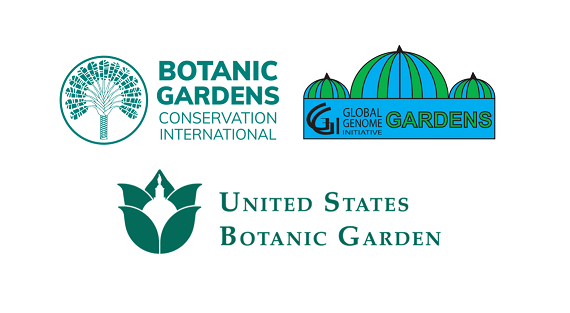
GGI-Gardens Awards
Previously funded projects
The ArbNet Partnership Programme Grants
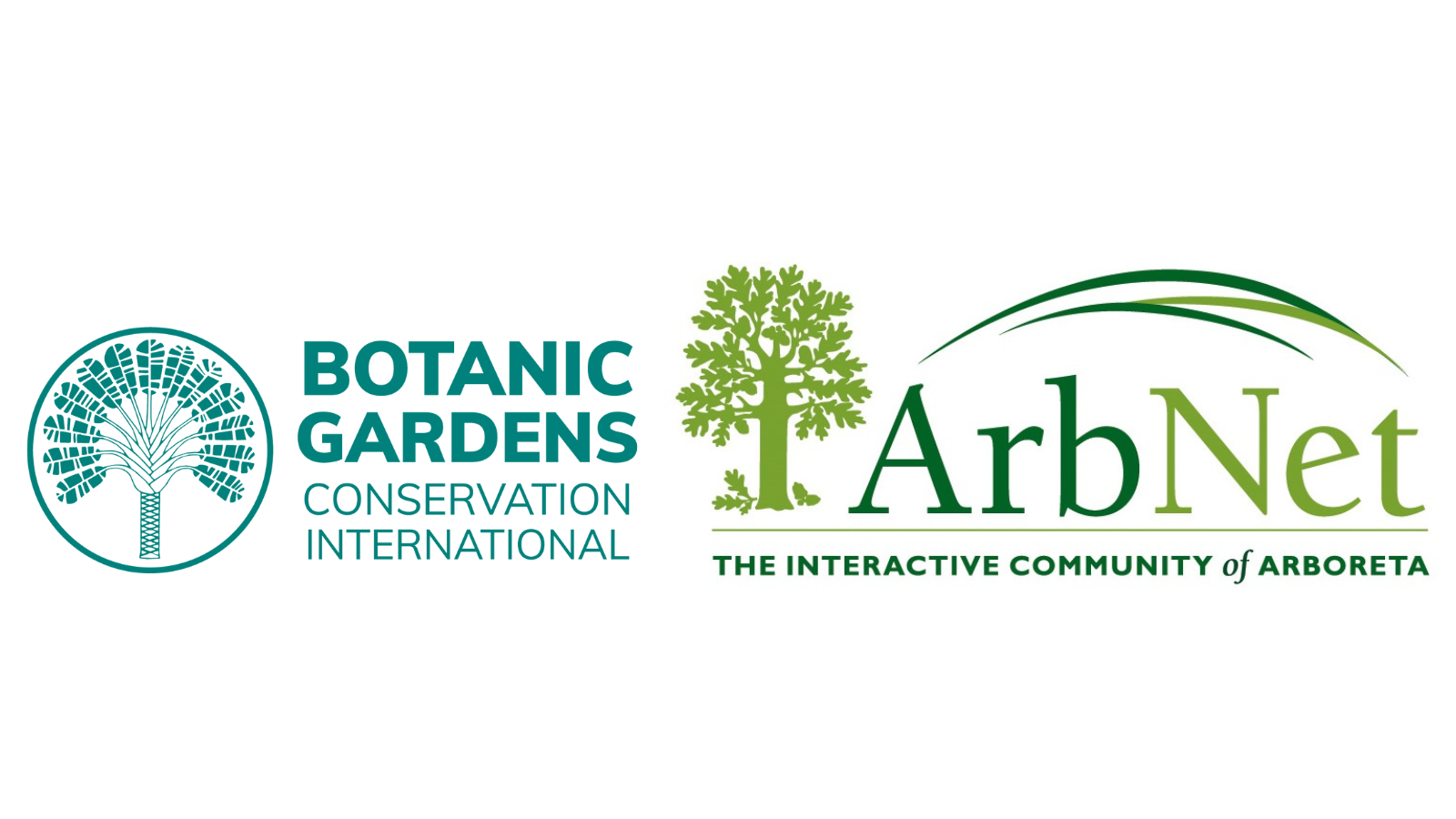
The BGCI/ArbNet Partnership Programme is an international partnership building initiative that aims to facilitate the exchange of knowledge, skills and resources within the botanic garden and arboretum community.
Eligibility for ArbNet Partnership Grants
Grant applications requesting BGCI/ArbNet Partnership Programme funding must satisfy the following conditions:
- Focus on tree conservation
- Priority will be given to projects that target biodiversity hotspots and/or capacity building in developing countries
- Involve an international partnership between two botanical institutions (arboretum, botanic garden, public garden, etc.)
- At least one of the two partners is an ArbNet accredited arboretum (accreditation applications may be submitted by the closing date of the Global Botanic Garden Fund)
- Both BGCI partners are BGCI members (botanic gardens that are not BGCI members may apply, and if awarded, the BGCI membership fee will be deducted from the grant award).
- Grant are available for projects of up to USD$5,000.
- Projects must be completed within one year.
Applications for ArbNet Partnership Grants will open in May 2025.
2025 ArbNet Partnership Grants Timeline
Grants applications requesting BGCI/ArbNet Partnership Programme funding will be reviewed by ArbNet staff along with BGCI staff.
BGCI will aim to share the outcome of grant applications by the end of September. Grant agreements will aim to be signed by both parties by October 2025. BGCI will disburse the grant funding by 31 December 2025 (but aim to disburse sooner). Projects must be completed and final reports submitted by 31 January 2026.
Funding for the BGCI/ArbNet Partnership Programme is graciously provided by BGCI’s Patron Member, The Morton Arboretum.
Previously funded projects
Minnesota Landscape Arboretum (MLA) Grants
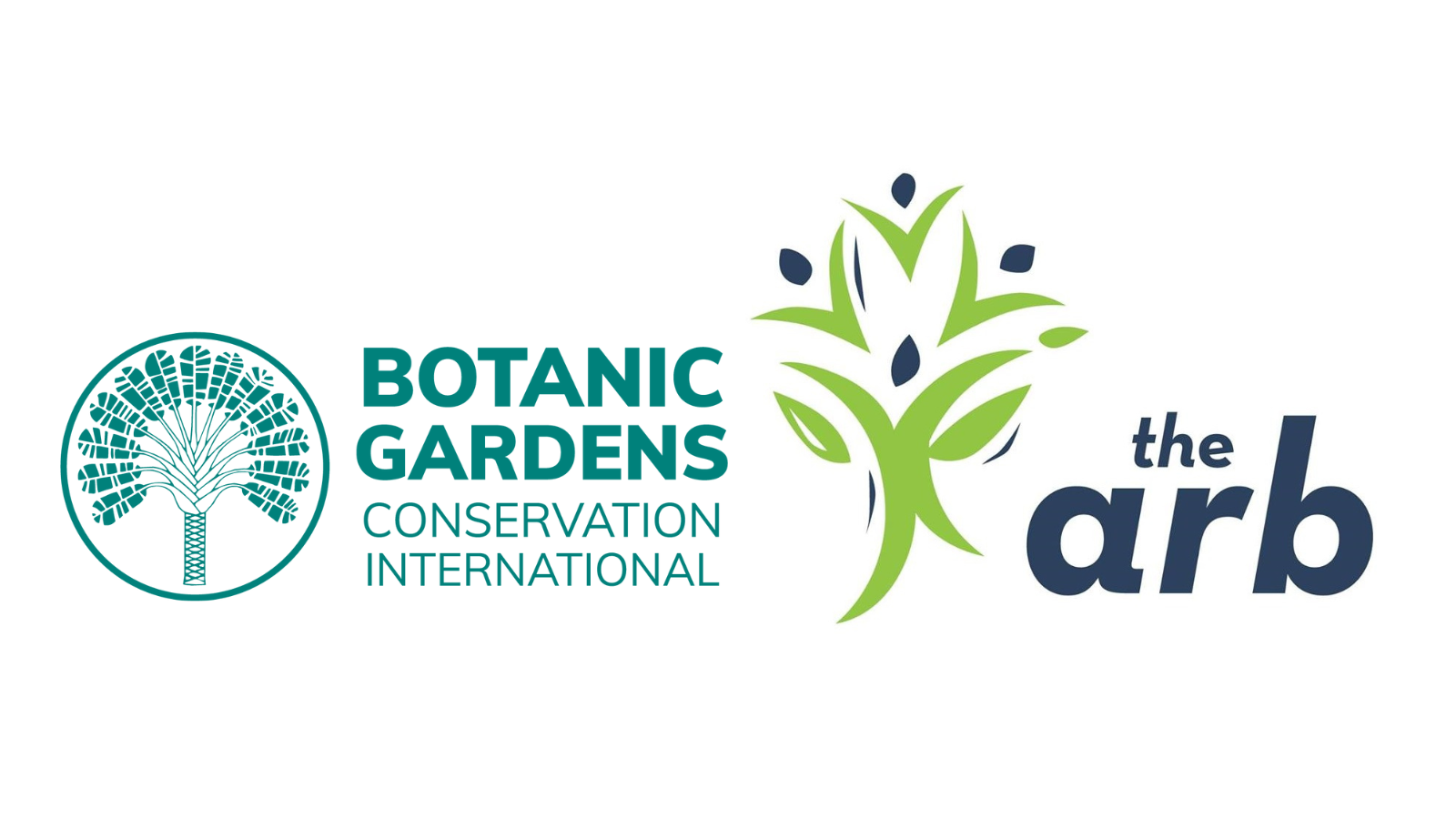
The mission of the grant fund will be to support worldwide conservation through botanical gardens. The purpose of the BGCI/MLA grants is to aid botanical gardens or arboreta around the world that are having difficulty in carrying out their mission.
The Minnesota Landscape Arboretum has graciously provided funding for these grants.
Eligibility for MLA Grants
- The MLA Grants are open to BGCI Member Institutions only. Botanic Gardens that are not members may apply, but a membership fee must paid before the grant is disbursed.
- Preference will be given to small botanic gardens in developing countries and biodiversity hotspots.
- Botanic gardens may submit more than one application per grant cycle, but they must be for different projects.
- The grants may be used for any part of the gardens’ work, operations, conservation, education or research.
- Grant are available for projects of up to USD$1,000.
- Projects must be completed within one year.
Applications for MLA Grants will open in May 2025.
2025 MLA Grants Timeline
BGCI/MLA Grant applications will be reviewed by MLA staff along with BGCI staff.
BGCI will aim to share the outcome of grant applications by the end of September. Grant agreements will aimed to be signed by both parties by October 2025. BGCI will disburse the grant funding by 31 December 2025 (but aim to disburse sooner). Projects must be completed and final reports submitted by 31 January 2027.
Previously funded projects
Forest Service Rare Plant Partnerships

The Forest Service Rare Plant Partnerships support conservation action by botanic gardens for rare plant species that occur on USDA Forest Service land, in the U.S. and U.S. territories.
These partnerships are made possible through a cooperative agreement between the Forest Service and BGCI-US. In general, partnerships should be structured as one year projects with budgets between USD $5,000 and USD $10,000.
Call for applications now closed.
About the partnerships
Project applications must satisfy the following conditions:
- Project work is completed by personnel at a botanic garden, arboretum, zoo, or similar organisation.
- Project deliverables are ideally achievable within a one year period, however no cost extensions are possible with justification.
- Activities are focused on one or more rare plant species that occur on Forest Service land, including U.S. territories. A list of species thought to occur on Forest Service land with a G1 or G2 NatureServe status offers many candidates. Activities may focus on species not included in the list provided, and populations not occurring on Forest Service land, if appropriate justification is provided, including how populations on Forest Service land will benefit.
- Projects on Forest Service land must be coordinated with local Forest Service personnel (the degree of involvement of Forest Service personnel may vary). If contacts at relevant Forest Service sites have not been established upon application, BGCI-US and Forest Service partners can facilitate making appropriate contact.
- Activities are focused on herbaceous plants and non-exceptional (orthodox) species, however activities may focus on other plant types if appropriate justification of conservation need is provided.
- The main project focus is on appropriate conservation action for the target species, with justification provided. Activities may include seed or other germplasm banking, out-plantings, molecular genetic studies, or any non-research activity falling within the Integrated Plant Conservation model. We encourage applications for projects involving wild seed collections or out-plantings to incorporate the methods of the Center for Plant Conservation Best Practices for Conventional Seed Banking and Rare Plant Reintroduction/Translocation. Description of how the proposed conservation action compliments any past or ongoing work for the target species is highly encouraged.
- BGCI membership is not required to apply, however BGCI member organisations will be given priority.
Application & Reporting Process
The application has the following sections to be addressed:
- Contact information
- Proposal General Information
- Partnership Criteria
- Aim, Objectives and Activities
- Evaluation
- Risk Management
- Budget
- Additional Information
Applicants will be informed of the status of their application in approximately 30 days of the closing date. Successful applicants will be required to sign a partnership agreement with BGCI-US within 30 days of notification.
Successful applicants will be required to submit a final report upon completion of the project. A form will be sent to the successful applicant, which will require the following information:
- A detailed narrative report describing the outcomes of the project using the metrics of evaluation described in the application.
- A brief description of Forest Service collaboration outcomes during the project.
- Photos and videos where applicable, which can also be shared with BGCI-US and Forest Service in real-time for posting on social media.
- An itemised budget vs actual expenses (both direct and matched costs).
Any questions please email Abby Meyer.
BGCI-US would like to acknowledge the wonderful collaboration of The Center for Plant Conservation and the Chicago Botanic Garden in helping to facilitate this new initiative.
Forest Service Rare Plant Partnerships closed for 2023.
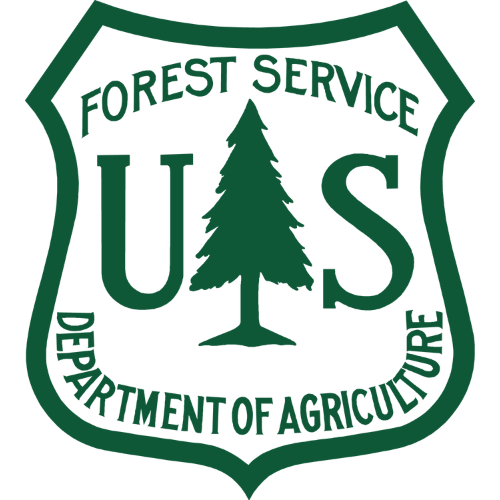
Forest Service Partnerships
Previously funded projects
Global Conservation Consortia Grants

The 2024 Global Conservation Consortia (GCC) for Conifers Grants are to support Conifer conservation projects and are made possible through a cooperative agreement between The Friends of Bedgebury National Pinetum (Forestry England) and BGCI. Projects should be structured as one-year projects with budgets up to USD $6,000.
Applications for GCC Grants are closed for 2025.
GCC Grants Project Criteria
GCC Grant project proposals must satisfy the following conditions:
- Projects are focused on one or more priority IUCN threatened species for Conifers.
- The main project focus is on appropriate conservation action for the target species. Activities may include metacollection development, seed or other germplasm banking, out-plantings, molecular genetic studies, or any activity falling within the Integrated Plant Conservation model.
- Description of how the proposed conservation action complements any past or ongoing work for the target species is highly encouraged.
- Project deliverables are achievable within a one-year period.
- BGCI membership is not required to apply, however BGCI member organisations will be given priority.
The Process
- BGCI issues a call for applications. Institutions are able to apply for as many grants as they wish, but each grant request must be submitted in individual applications.
- Call for applications will be open for a period of 8-10 weeks and BGCI aims to inform applicants of the outcome of their application within 30-45 days of the closing date.
- Successful GCC Grants will be required to sign a grant agreement supplied by BGCI within 30 days of receiving the successful notification.
- BGCI will supply the grant funding no later than the 31 December of the calendar year stated on the grant agreement.
- The project must be completed and a final report submitted to BGCI by the 31 January after the project is completed.
Application & Reporting Process
The GGC Grant application has the following sections to be addressed by the applicant:
- Contact Information
- Proposal General Information
- Partnership Criteria
- Aim, Objectives and Activities
- Evaluation
- Risk Management
- Budget
- Additional Information
Successful grants will be required to submit a final report upon completion of the project. A form will be sent to the successful applicant, but will require the following information:
- A short narrative report describing the outcome of the project using the method of evaluation described in the application
- Photos and videos where applicable
- An itemised budget vs actual
Applications and Final Reports will be reviewed by BGCI staff and representatives of institutions that have contributed funds to the Global Botanic Garden Fund.
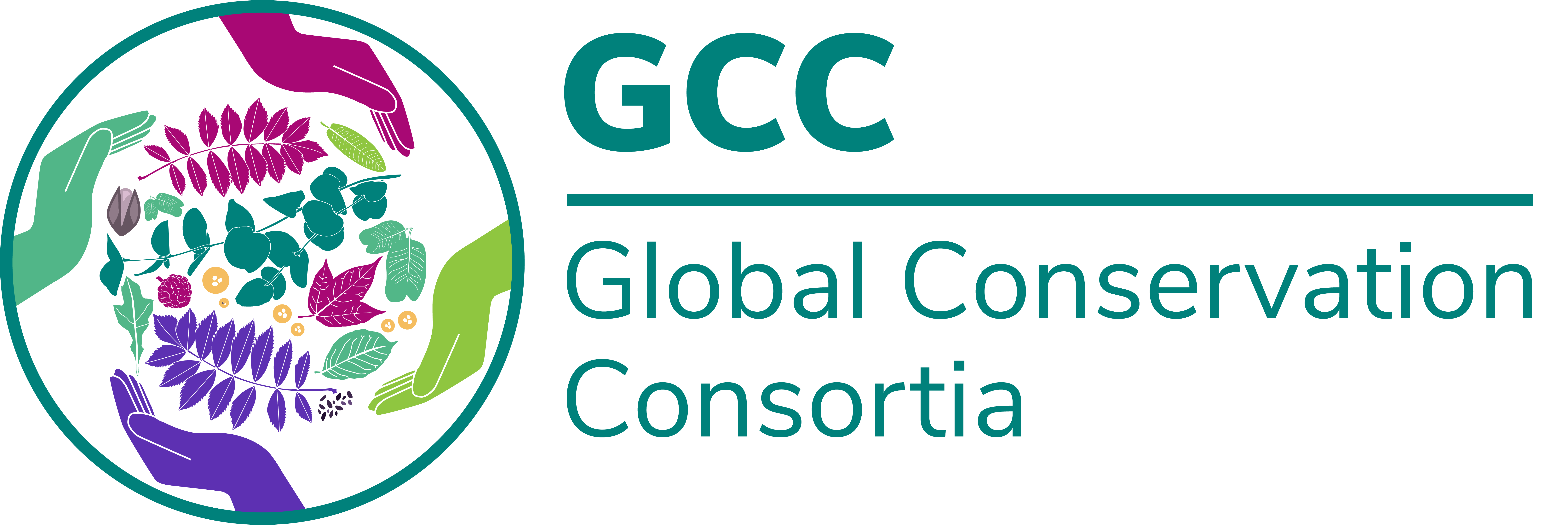
Previous Years
The 2023 Global Conservation Consortia (GCC) Grants supported priority conservation action undertaken by GCC Species Stewards.
These grants were made possible through support from The Huntington Library, Art Museum, and Botanical Gardens as well as a cooperative agreement between the United States National Arboretum and BGCI-US. BGCI and BGCI-US would like to acknowledge the collaboration of United States National Arboretum in helping to facilitate this initiative.
Leon Levy Native Plant Preserve Grants
The Leon Levy Native Plant Preserve (LLNPP) Grants can help an institution to improve or support one or more of the vital areas across the botanic garden as defined by BGCI’s Botanic Garden Accreditation. The grants are part of BGCI’s Global Botanic Garden Fund and are funded by the Leon Levy Foundation. Projects should be structured as one-year projects with budgets up to USD$4,500.
For example, the LLNPP Grants could support the following activities:
- Saving threatened Caribbean and Central American plant species from extinction through conservation action;
- Training specialists and local communities in plant conservation methods and approaches;
- Development of facilities for plant conservation (e.g. seed banks, greenhouses, lab equipment);
- Promoting environmental sustainability in the way we use energy, water, food and natural resources; and
- Improving professional standards in botanic gardens to gain BGCI Accreditation.
Applications for LLNPP Grants will open in May 2025.
LLNPP Grants Criteria
- Grants are available only for institutions based in the Caribbean and Central American region as defined by the Caribbean and Central American Botanic Gardens Network.
- Institutions may submit more than one application per grant cycle, but they must be for different projects.
- We invite applications from botanic gardens, arboreta and botanical institutions that hold permanent ex-situ living collections (as defined per GardenSearch).
- Grants are open to BGCI Member Institutions only. Institutions that are not members on application, can add the membership fee on the application budget.
Application & Reporting Process
The LLNPP Grant application has the following sections to be addressed by the applicant:
- Contact information
- Project General Information
- Alignment with Botanic Garden Activities
- Aim, Objectives and Activities
- Evaluation
- Risk Management
- Budget
- Additional and Matching Funding
- Additional Information
Successful grants will be required to submit a final report upon completion of the project. A form will be sent to the successful applicant, but will require the following information:
- A short narrative report describing the outcome of the project using the method of evaluation described in the application.
- Photos and videos where applicable.
- An itemised budget vs actual
Applications and Final Reports will be reviewed by BGCI staff and representatives of institutions that have contributed funds to the Global Botanic Garden Fund.
Previously funded projects
Share
